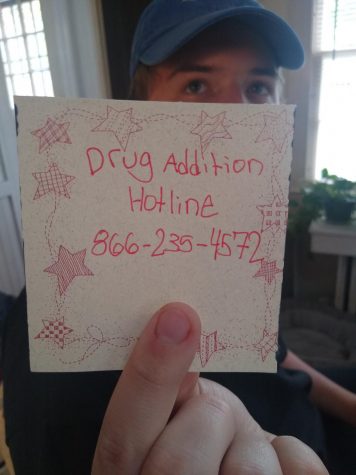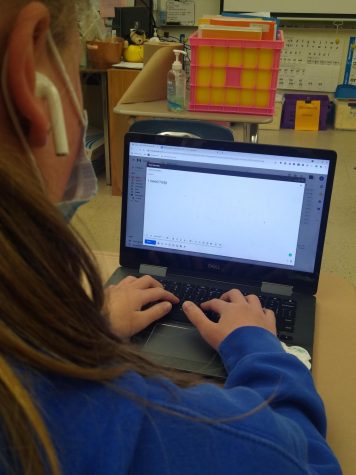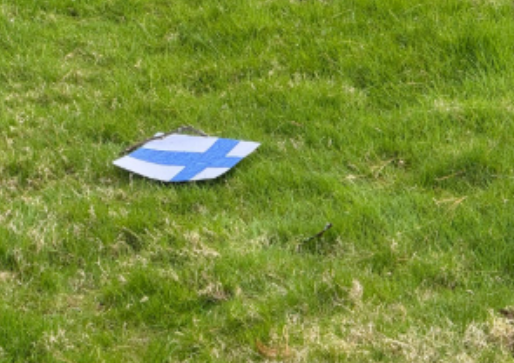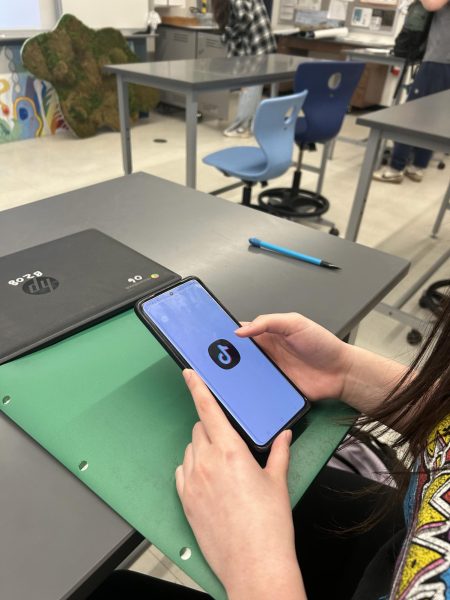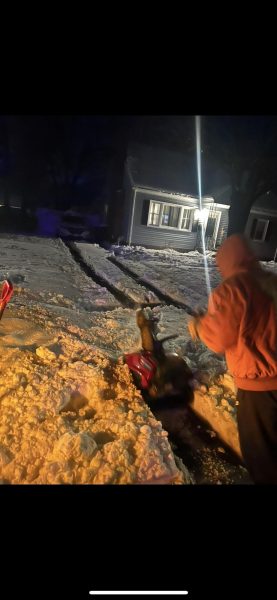Why Drug Overdoses Are Rising During COVID-19
Drug overdoses have long been an epidemic in America, and they are increasing during this pandemic.
The number of deaths during COVID has skyrocketed. According to “The Spike in Drug Overdose Deaths, Jesse C. Baumgartner, David C. Radley. “Total overdose deaths spiked to record levels in March 2020 after the pandemic hit. Monthly deaths grew by about 50 percent between February and May.” That means that in this time there were “88,295 predicted deaths, a record high that is almost 19,000 more deaths (27%) than the prior 12-month period.”
There are many reasons why people were overdosing during the pandemic. According to teacher Mary Ellen Wilkinson, “People are feeling helpless, they don’t have options, they are stuck at homes, lost their jobs, and don’t have any money. It’s the only way they can see out and it kind of numbs everything.”
Having to be away from family and not allowed to be outside also made it worse. According to school psychologist Caitlin Merriman, “The fact that so many people were getting sick at the time and with the shutdown we weren’t allowed to go anywhere or do anything socially, so the emotional impact of Covid hit those who do have substance use either disorder or history in the family.
Ironically, not being able to go anywhere or do anything was predicted to make the drug problem better; but getting the drugs didn’t seem to get harder. In fact, according to Ms. Merriman, some people didn’t have to go anywhere to get the drugs as they were possibly getting them “from people that they know, friends and family.”
With Covid going around, more people are being prescribed medications, possibly making it even easier to abuse. Many people nowadays are taking some sort of medication, so you can easily take some from your family member, your friend, your neighbor, and even your own child.
We have places to help people with drug overdose but not as many as we need. The CDC says, “Locations that offer education about preventing overdoses and provide take-home naloxone—such as inpatient and outpatient treatment programs, primary care settings, pharmacies, and counseling and support groups—should also be expanded. And this is “especially important in rural areas.”
If there are more places for people who are suffering from addiction to get help, it might make it easier for everyone, including the families of the addicts. Ms. Wilkinson agrees saying “more community services to help people and social workers out in the communities to show people that they are more options” would be helpful”. In 2012 a law called the “Narcan law” was passed by the Connecticut State Department of Public Health. “….dispense or administer Narcan to any person to prevent or treat a drug overdose and the prescriber is protected from civil liability and criminal prosecution.
